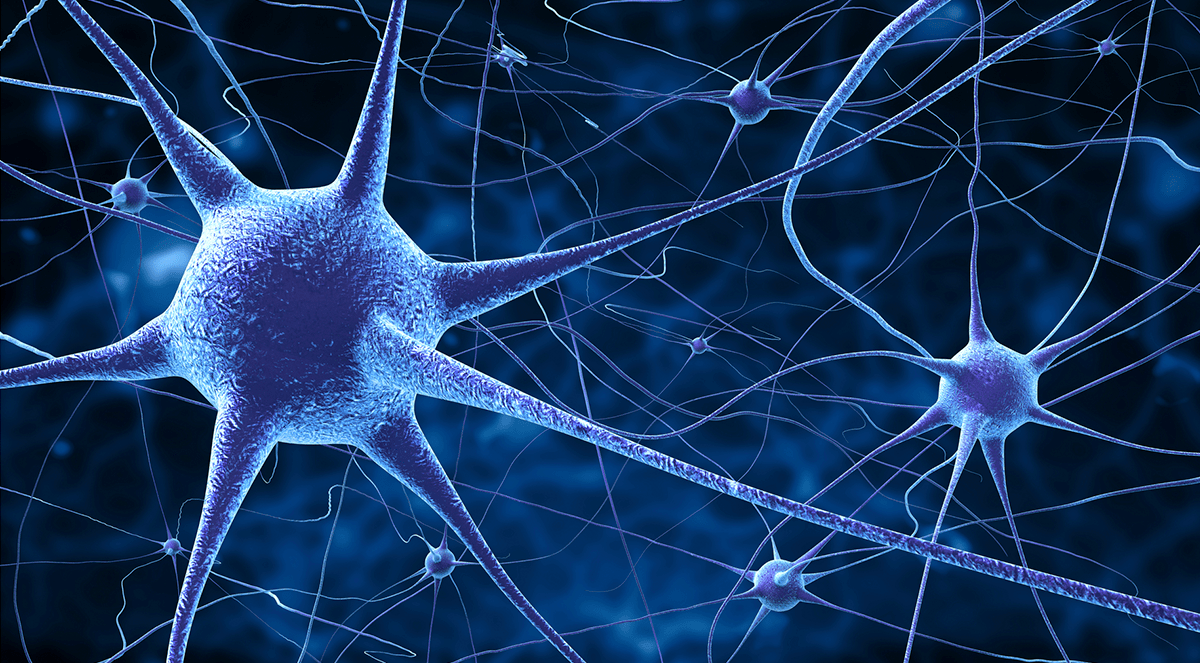Alterations in neural pathways that regulate appetitive motivation may contribute to increased obesity risk in offspring born to mothers fed a high fat (HF) diet. However, current findings on the impact of maternal obesity on motivation in offspring are inconclusive, and there is no information about the long-lasting effects in aged animals. This study examined the longitudinal effect of perinatal and chronic postnatal HF intake on appetitive motivation in young and aged offspring. Female C57Bl/6 were fed either a control (C) or HF diet before mating through to lactation. At weaning, offspring were maintained on the C or HF diet, generating the following four diet groups: C/C, C/HF, HF/C, and HF/HF based on the pre/post weaning diet. At 6 months, motivation was higher in HF/C females, but lower in male and female C/HF and HF/HF mice. By 12 months, this difference was lost, as C-fed animals became less motivated, while motivation increased in HF-fed mice. The mRNA levels of dopamine receptor 1 and 2 increased with age, while cannabinoid receptor 1 and μ-opioid receptor expression remained stable or decreased in mesolimbic and mesocortical dopaminergic pathways. Results from this study suggest that perinatal and chronic postnatal HF feeding produced opposite effects on appetitive motivation in young adult offspring mice, which was also reflected in the shift in motivation over time. These results have significant implications for patterns of hedonic eating across the life course and the relative risk of obesity at different time points.
Appetitive Motivation and Associated Neurobiology Change Differentially across the Life Course of Mouse Offspring Exposed to Peri- and Postnatal High Fat Feeding.


